
The January 6th committee suppressed 41,000 hours of video footage that showed there was no insurrection. Now the truth is out, and the consequences will be formidable.

Transforming conservative theory into policy takes a lot of work. The concept of the ‘social market economy’ is a good tool to make that happen.
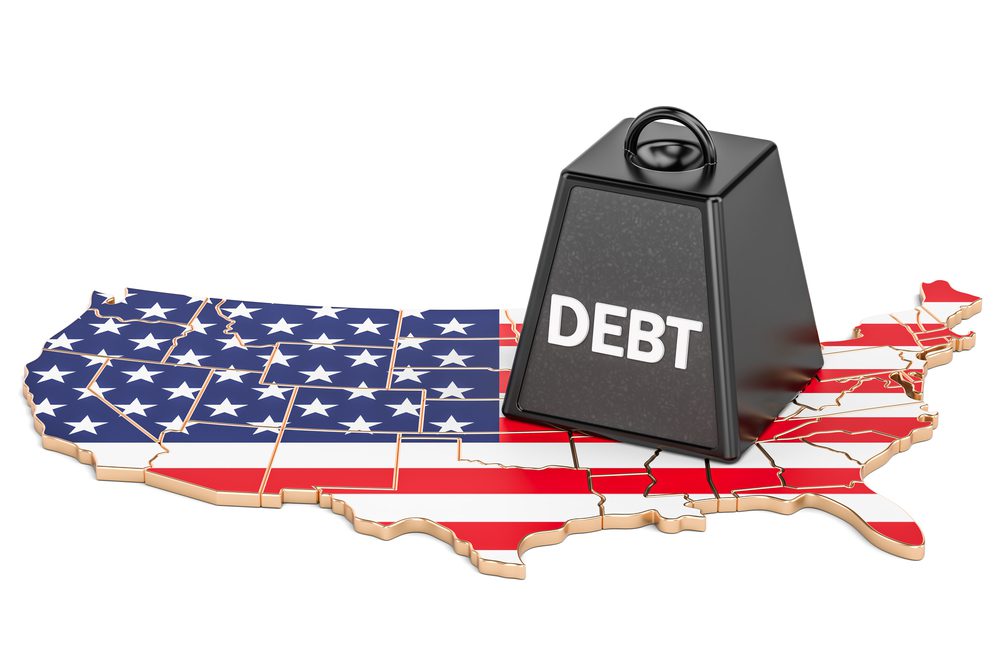
There are growing signs that the United States is heading for a Greek-style fiscal crisis. It is not imminent, but close enough to cause real worries for anyone interested in the U.S. economy.
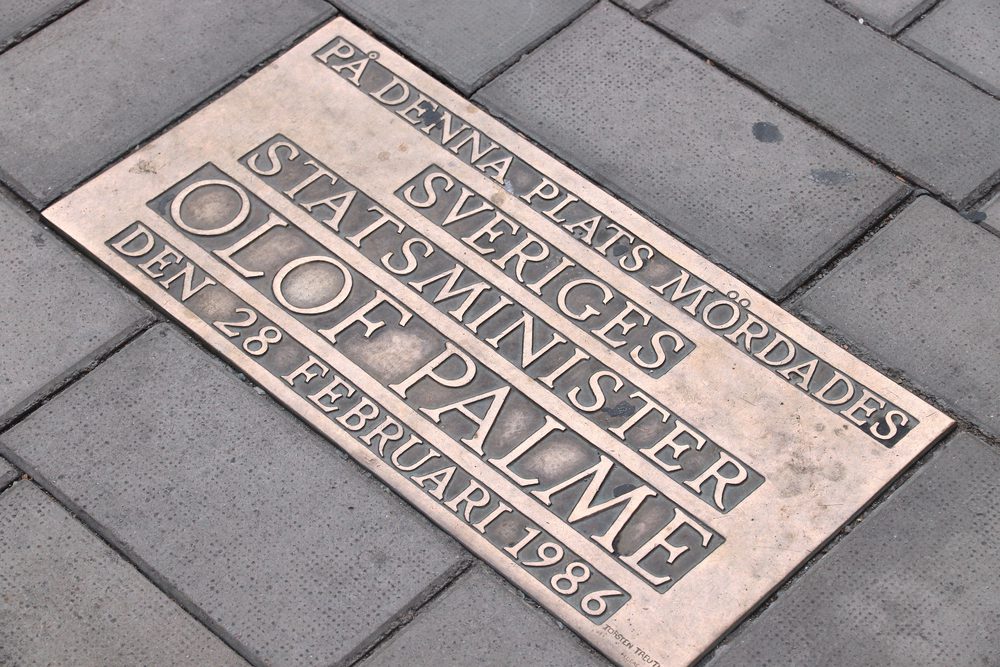
In 1986, an unknown assassin killed the Swedish prime minister. While the country lost its innocence, the murder changed the geostrategic landscape in Northern Europe.

Conservatism is built on strong theory, but we need more conservative policy practice. It is difficult, but it can be done. Retirement reform is a good example.

National conservatism fosters political leaders who love their country more than they love themselves. That makes national conservatism unique among political ideologies.

In three simple steps, Europe’s lawmakers can save the continent from stagflation and economic misery.
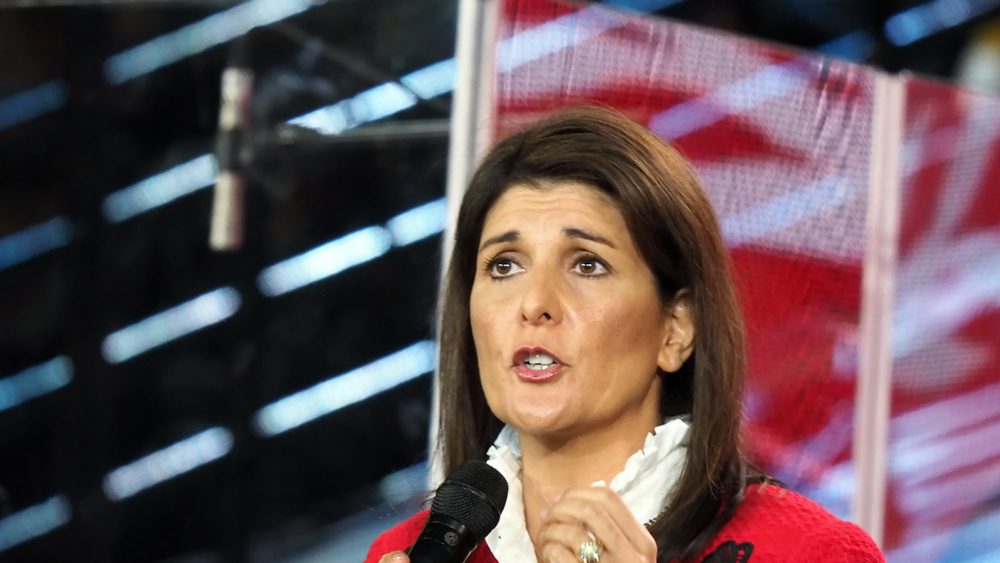
A governor and ambassador, Nikki Haley is very experienced. But what makes her stand out in a potential field of remarkable competitors for the presidency?

Either we live with high-interest rates today, or we put our very prosperity in stagflation-driven jeopardy.
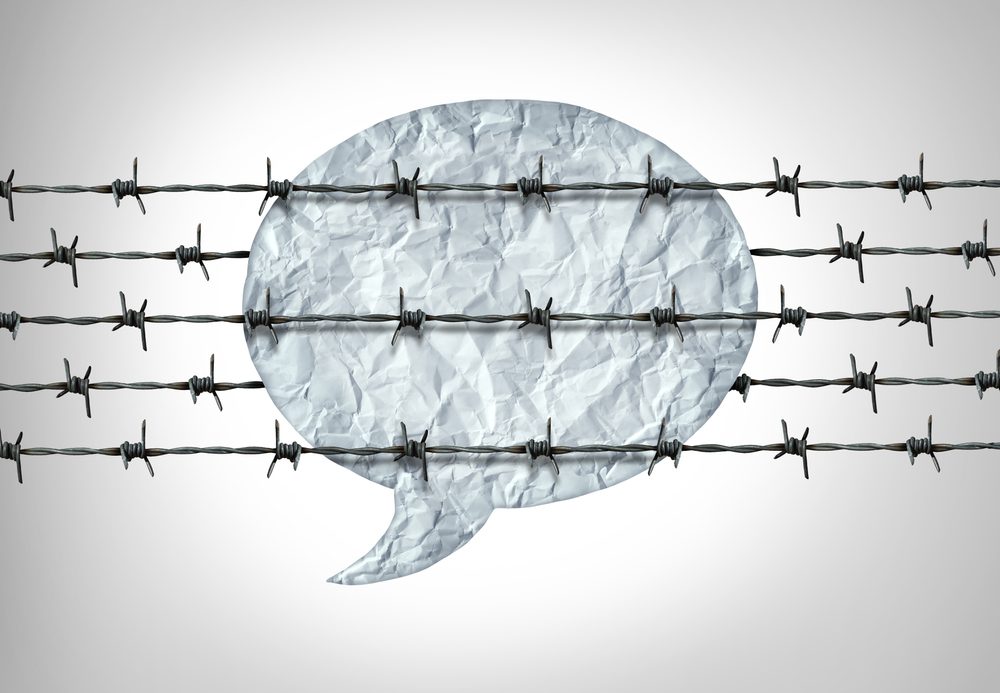
As national security trumps individual freedom, Sweden will curtail freedom of speech piecemeal, like death from a thousand cuts.

Three think tanks, three ideas for fiscal reform. Only one can be right.
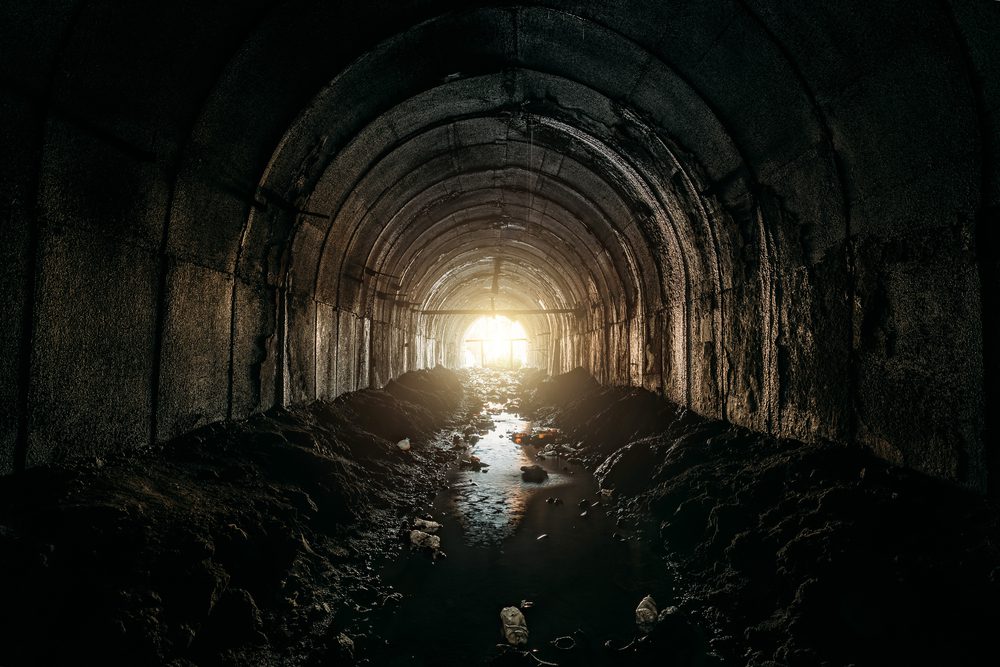
When you get less money on long-term investments than on short-term ones, it is good news for the economy.